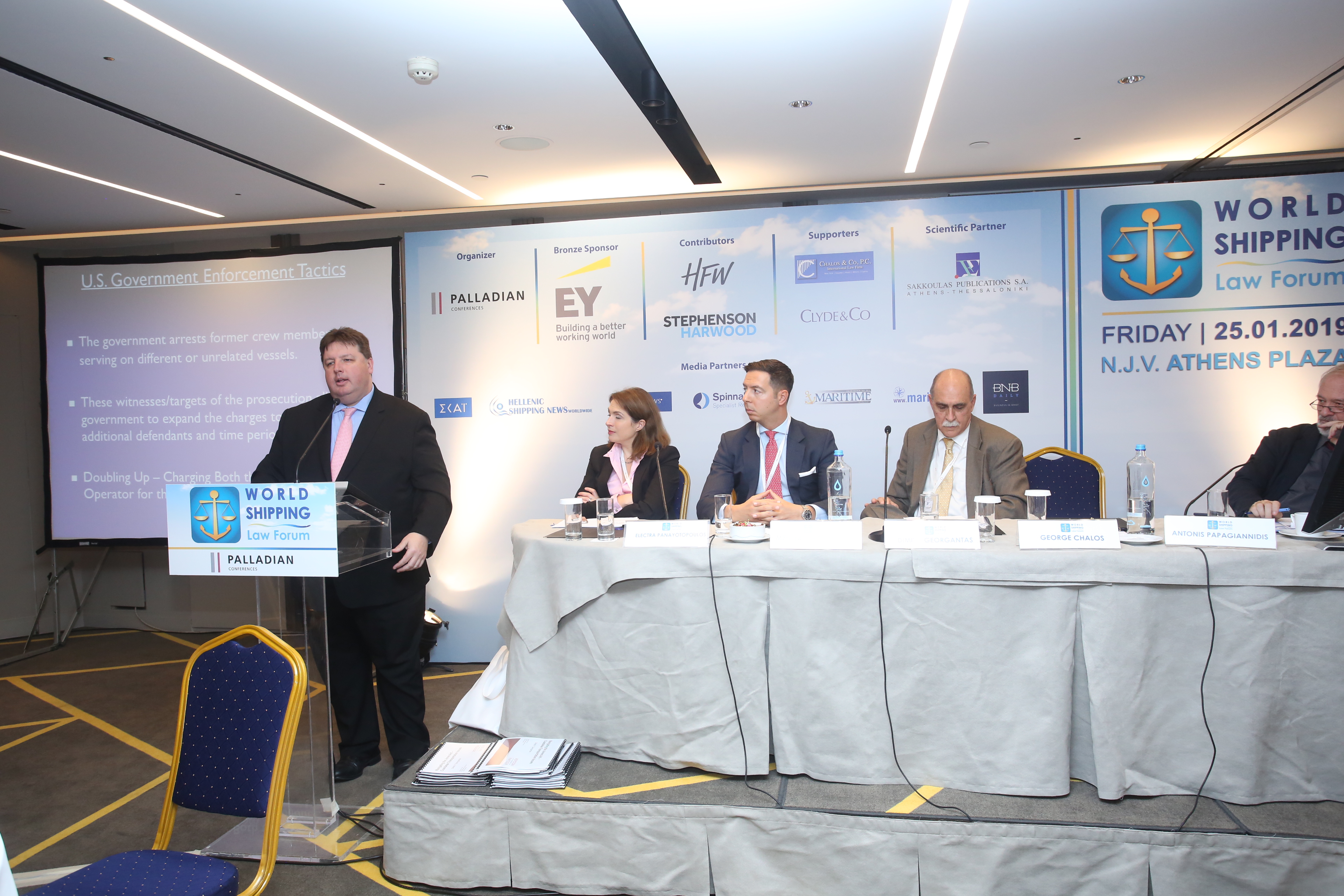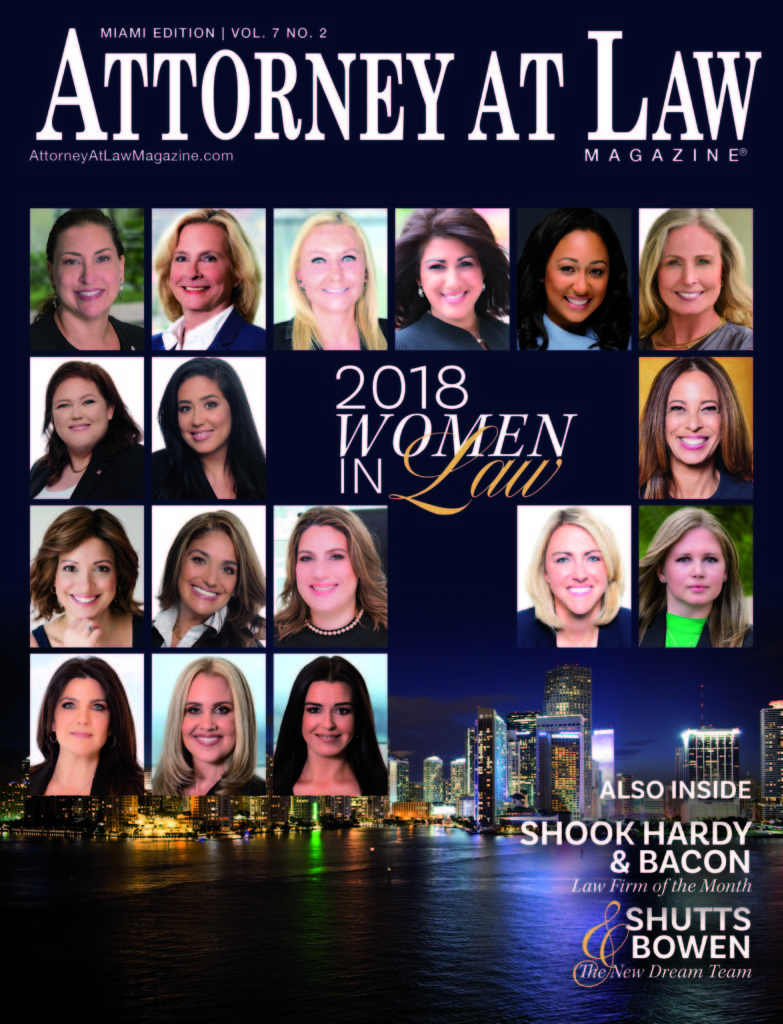On March 28, 2018, the United States Court of Appeals for the Ninth Circuit reversed in part a decision from the District of Hawaii in Barnes v. Sea Hawaii Rafting, 2018 AMC 939 (9th Cir. 2018), holding that a bankruptcy court’s automatic stay does not affect a seafarer’s maritime lien.
In Barnes, Captain Barnes sustained major injuries when the vessel he worked on, the M/V Tehani, exploded. Barnes filed a verified complaint against the M/V Tehani, in rem, the company that owned the vessel (Sea Hawaii Rafting, LLC, hereinafter “SHR”), and SHR’s owner and manager, Kris Henry (hereinafter “Henry”), in personam. Barnes brought causes of action for unseaworthiness, negligence, intentional infliction of emotional distress, and maintenance and cure.
Barnes moved for summary judgment for payment of maintenance and cure until he reached “maximum medical cure.” The district court denied his request and ruled that although Barnes was entitled to maintenance and cure, he had yet to reach maximum cure because Barnes did not present reasonable costs in his locality for food and lodging, or actual medical expenses. Thereafter, Barnes filed an amended complaint, a motion for summary judgment for his claims for unseaworthiness, negligence per se, Jones Act negligence, and two (2) motions for reconsideration. Before the hearing on Barnes’ second motion for summary judgment, defendants Henry and SHR filed for Chapter 7 bankruptcy protection which automatically stayed the proceeding in the district court. The bankruptcy court partially lifted the stay for Barnes’ claims against SHR but refused to lift the stay to enforce any maritime lien against the defendants.
Subsequently, the district court dismissed Barnes’ suit for lack of in rem jurisdiction because of Barnes’ failure to verify the amended complaint. Barnes appealed the dismissal and the district court’s denial of his maintenance request. While his appeal was pending, the bankruptcy court approved, inter alia, the sale of the M/V Tehani. The Ninth Circuit held that the district court erred when it concluded that it lacked in rem jurisdiction. Furthermore, the Ninth Circuit issued a writ of mandamus and further held that Barnes was entitled to maintenance and cure.
More importantly, the Ninth Circuit held that the bankruptcy court did not have jurisdiction to dispose of Barnes’ maritime lien for three (3) reasons:
- The bankruptcy stay did not apply to Barnes’ maritime lien for maintenance and cure. The Ninth Circuit ruled that a seafarer’s maritime lien is a “sacred lien[]” and Congress would not have extinguished this long-standing principle under the Bankruptcy Code.
- The bankruptcy court did not have jurisdiction to dispose of Barnes’ maritime lien because the district court acquired in rem jurisdiction when Barnes filed his verified complaint and obtained “constructive control” over the M/V Tehani at that moment.
- Even if the bankruptcy court had in rem jurisdiction, the court did not have the authority to sell the M/V Tehani. The Ninth Circuit concluded that property subject to a maritime lien follows “into the hands of a bona fide purchaser” and cannot be divested except through an in rem proceeding through the application of admiralty law.
The Ninth Circuit’s holding is contrary to the Second Circuit decision in Universal Oil Ltd. v. Allfirst Bank, 419 F. 3d 83 (2d Cir. 2005), where the court upheld the bankruptcy court’s subject matter jurisdiction that extinguished the maritime liens on various vessels.
Going forward, if a bankruptcy debtor’s assets include a vessel, extra care must be taken by the court and by the debtor in determining its disposition. If the vessel is subject to a maritime lien, the parties must first proceed in admiralty to address the lien prior to any sale.
To read the full opinion of the Ninth Circuit, please click here.
For more information about the Court’s decision, please do not hesitate to call on us at info@chaloslaw.com.


 George M Chalos attended and presented at the World Shipping Law Forum on Friday, 25th January 2019 in N.J.V. Athens Plaza, in Athens Greece. Over 100 leading lawyers and industry executives addressed various emerging international and domestic legal issues, including blockchain, smart contracts, traditional ship finance, private equity and environment law, with an emphasis civil, administrative and criminal enforcement actions.
George M Chalos attended and presented at the World Shipping Law Forum on Friday, 25th January 2019 in N.J.V. Athens Plaza, in Athens Greece. Over 100 leading lawyers and industry executives addressed various emerging international and domestic legal issues, including blockchain, smart contracts, traditional ship finance, private equity and environment law, with an emphasis civil, administrative and criminal enforcement actions.
